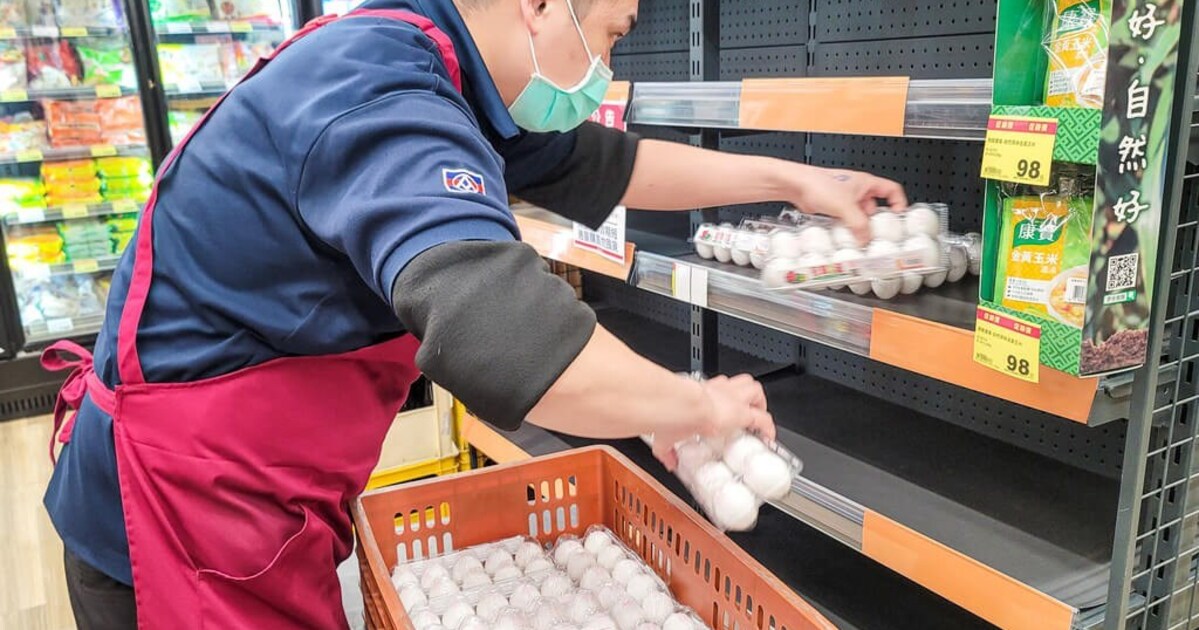TAIPEI — Poultry farmers across central and southern Taiwan are calling out what they describe as government interference in market pricing, following the devastating impact of Typhoon Danas on the agricultural and livestock sectors.
The typhoon’s powerful winds severely damaged numerous traditional chicken farms in Chiayi and Tainan, toppling poultry houses and killing large numbers of laying hens. The destruction has significantly reduced the local supply of eggs, pushing farmers to propose a necessary price increase to offset their losses. However, producers allege that the government intervened to delay the adjustment due to the timing of a major recall vote.
“This week’s egg price should have gone up, especially after what we’ve suffered,” said one affected farmer. “But the price hike was held back just because of politics. It’s unacceptable.”
Several southern-based chicken farmers expressed frustration, saying the delay has worsened the economic pressure they’ve already endured due to more than a year of depressed egg prices. Some accuse the government of prioritizing political optics over farmer welfare, citing efforts to avoid potential backlash during the election period.
“We were already struggling to stay afloat,” one farmer lamented. “Now we’ve lost even more to the typhoon, but we’re told to postpone the price increase for fear of affecting voters? That’s just heartless.”
Online groups of egg producers have been actively discussing the issue, with many questioning whether grassroots farmers are being sacrificed for political expediency. Some voiced disappointment over the apparent lack of concern from authorities, describing the situation as a “blow upon a bruise.”
Lin Hanzhang, vice president of the Chinese Poultry Association, said around 10% of laying hens were lost in the typhoon. “Vegetable prices have already surged. Why are egg prices being kept low?” he asked. “The cost of egg production is about NT$28.5 per catty. We should be raising prices by at least NT$3 to reflect that.”
He emphasized that producers must be allowed to adjust farmgate prices based on market conditions and real-time costs.
In response, the Ministry of Agriculture denied any link between the price delay and the ongoing recall vote. Li Yiqian, Director of the Animal Husbandry Department, stated that there were already two egg price adjustments last week and that current figures reflect supply and demand.
“There is no need for a further increase at this time,” Li said. “We have not received any directive tying pricing to political events.”
However, egg farmers like Mr. Lin from Pingtung argue that pricing decisions should remain under market control, not government influence. “We’re already operating at break-even levels,” he said. “Any political interference in pricing decisions is deeply unfair to those of us working on the ground.”
As the island continues to recover from Typhoon Danas, egg farmers are calling for transparency, market-based pricing, and concrete support from the government to help them rebuild and continue supplying one of the nation’s most essential food staples.



